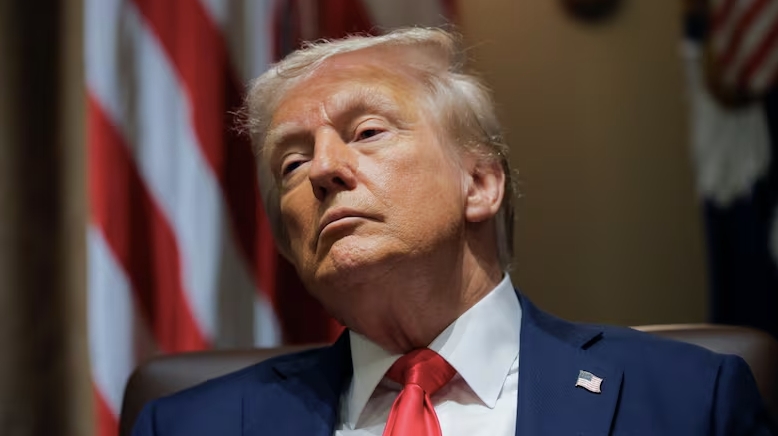Trump Confirms 25% Tariff on Canadian Goods Will Begin March 4, Citing Drug Concerns
Shraddha Tripathy
2/27/20252 min read


U.S. President Donald Trump has officially ended a month-long tariff pause, confirming that a 25% levy on most Canadian goods will take effect on March 4. The move comes despite evidence of a significant drop in fentanyl smuggling from Canada—the justification Trump has repeatedly used for the trade action.
In a social media post Thursday, Trump stated:
"Drugs are still pouring into our country. We cannot allow this scourge to continue to harm the USA. Until it stops—or is seriously limited—Canada will face tariffs."
He also confirmed that additional reciprocal tariffs, which target specific goods, will proceed as planned in April.
Confusion Over U.S. Messaging
Trump’s tariff announcement ends a week of chaotic and conflicting statements from the White House.
Monday: Trump told reporters that the tariff pause he negotiated with Prime Minister Justin Trudeau would end, and the 25% levy would be implemented next week.
Tuesday: White House officials walked back those comments, stating that negotiations were still ongoing and trade action may be delayed.
Thursday: Trump confirmed via social media that the tariffs will go into effect as scheduled.
Border Crackdown Is Already Working, Data Shows
Trump has linked the tariffs to Canada’s role in fentanyl smuggling, despite U.S. Customs and Border Protection (CBP) data contradicting his claims.
According to CBP reports, fentanyl seizures at the Canada-U.S. border dropped by 97% in January, compared to December 2024. Canadian officials credit the improvement to a $1.3-billion border security package, which includes new technology, personnel, and enforcement strategies.
Additionally, Canadian authorities have intensified their crackdown on fentanyl trafficking:
Over a six-week period, the RCMP arrested 524 individuals in cases related to fentanyl and synthetic opioids.
Police seized 46 kilograms of fentanyl and more than 15,000 fentanyl-laced pills in raids across the country.
A major bust at the Windsor-Detroit tunnel this month stopped two U.S. citizens carrying enough fentanyl to kill 10,000 people.
Despite these efforts, Trump continues to blame Canada, along with Mexico and China, for the spread of dangerous and highly addictive drugs.
What’s Next?
Canada’s ambassador to the U.S., Kirsten Hillman, has been actively negotiating with U.S. officials, emphasizing that Canada has made major progress in border enforcement. She noted that illegal migration from Canada into the U.S. has dropped by 90% in recent months, a shift that White House officials previously praised.
However, with Trump now doubling down on his tariffs, Canadian officials may need to brace for economic retaliation—or push for further negotiations before the March 4 deadline.
News
Stay updated with the latest BC news stories, subscribe to our newsletter today.
SUBSCRIBE
© 2025 Innovatory Labs Inc.. All rights reserved.
LINKS
